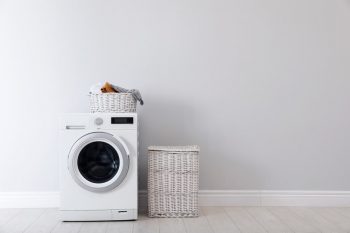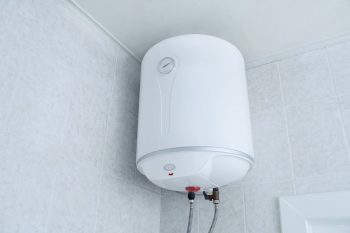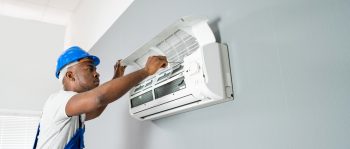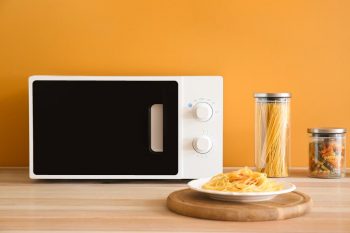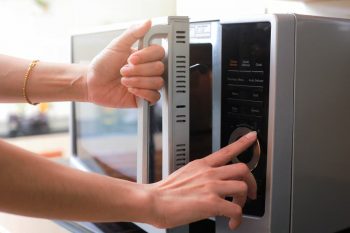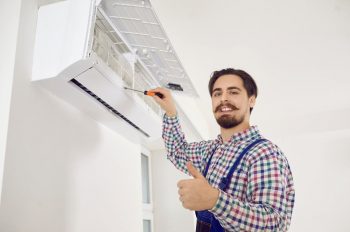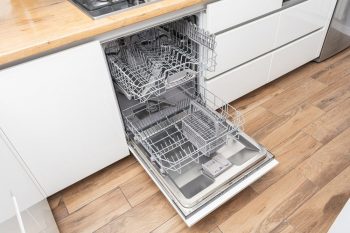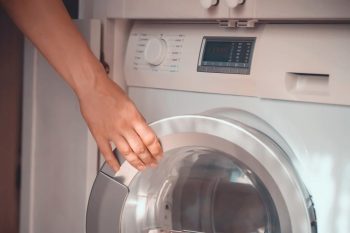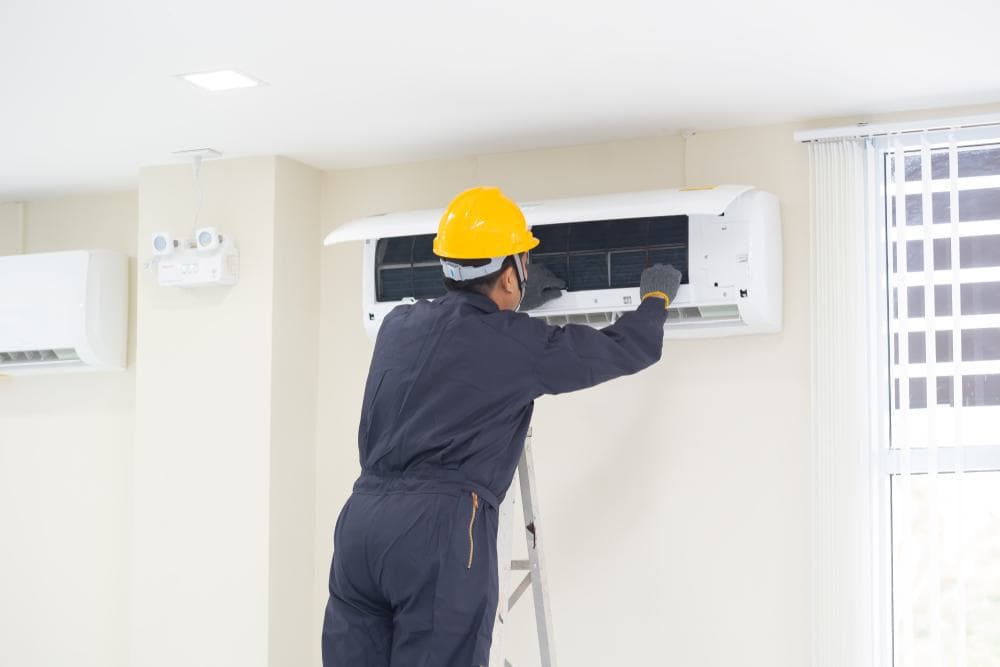
Air conditioners are essential for maintaining a comfortable temperature in your home, especially during the hot summer months. However, if your air conditioner is running nonstop, it could be a sign of an underlying issue that needs to be addressed. In this comprehensive guide, we will discuss the common reasons why your AC might run nonstop, the negative impacts it can have, and what steps you can take to fix the problem.
Your AC might be running nonstop due to a number of reasons including a dirty air filter, incorrect AC size, aging AC unit, air leaks in your home, dirty cooling coils, thermostat issues, low refrigerant charge, or problems with the blower motor or air ducts. This constant operation can lead to higher energy consumption, increased wear and tear, environmental impact, health issues, and reduced dehumidification. To fix the issue, check the thermostat, inspect the air filter, examine the vents, check for air leaks, inspect the condenser coil, assess the refrigerant level, and evaluate the thermostat settings. If the problem persists, call a professional HVAC technician.
Common Reasons Why an AC Runs Nonstop
There are several reasons why your AC might be running nonstop, including:
- Dirty air filter: A buildup of dirt and dust in the air filter can restrict airflow, causing the air conditioner to run constantly.
- Incorrect AC size: If the unit is too small, it will have to work harder to cool your home, leading to constant operation.
- Aging AC unit: As an air conditioner gets older, it becomes less efficient and runs more often, resulting in higher utility bills.
- Air leaks in your home: Air leaks around windows and doors can cause cool air to escape, forcing the AC to run more than needed.
- Dirty cooling coils: Clogged or dirty evaporator and condenser coils can impede the AC’s ability to absorb and release heat, causing it to run constantly.
- Thermostat issues: A faulty thermostat may not properly regulate the AC, leading to continuous operation.
- Low refrigerant charge: If the refrigerant level is low, the AC will struggle to cool the air and may run nonstop.
- Blower motor problems or leaking air ducts: A broken blower motor or leaking air ducts can also cause the AC to run constantly.
Negative Impacts of a Nonstop Running AC
Running an air conditioner nonstop can have several negative impacts:
- Higher energy consumption: Nonstop operation of the AC leads to increased energy usage, resulting in higher utility bills.
- Increased wear and tear: Constantly running the AC can put excessive pressure on the unit, leading to wear and tear and potentially shortening its lifespan.
- Environmental impact: Household AC systems contribute to greenhouse gas emissions, and running them nonstop can increase their environmental impact.
- Health issues: Nonstop cold air from the AC can compromise the health of the occupants, as air passed through a semi-clogged filter can lead to respiratory issues and other health problems.
- Reduced dehumidification: While running the AC can help dehumidify the home, constantly running it may not be as effective in maintaining optimal humidity levels.
Troubleshooting a Nonstop Running AC
Before calling in a professional, there are several steps you can take to troubleshoot a nonstop running AC:
- Check the thermostat: Ensure it is functioning properly and not located near heat-generating devices like TVs or lamps.
- Inspect the air filter: Clean or replace the air filter if it is clogged with dirt and dust.
- Examine the vents: Make sure all vents are open and not blocked by furniture or curtains.
- Check for air leaks: Seal any leaks in your home.
- Inspect the condenser coil: Clean the coil if there is dust build-up.
- Assess the refrigerant level: Check for leaks in refrigerant lines or damaged coils.
- Evaluate the thermostat settings: Make sure the thermostat is set to “AUTO” instead of “ON.”
If these steps do not resolve the issue, it is recommended to call a professional HVAC technician for further assistance. They can diagnose and fix more complex problems, such as a broken blower motor, faulty thermostat, or incorrect AC size.
In conclusion, there are several reasons why your AC might run nonstop, and it’s important to address these issues promptly to avoid higher energy bills, potential health issues, and reduced lifespan of your AC unit. Regular maintenance, proper thermostat settings, and timely repairs can help ensure your AC runs efficiently and not nonstop.
Frequently Asked Questions
How often should I replace my air filter to prevent my AC from running nonstop?
As a general rule, you should replace your air filter every 60 to 90 days. However, if you have pets or if someone in your home has allergies, you may need to replace it more frequently, perhaps every 30 to 45 days.
How can I determine if my AC unit is the correct size for my home?
The size of an AC unit is calculated in British Thermal Units (BTUs). Generally, you need approximately 20 BTUs for each square foot of living space. However, several factors can influence the right size of an AC unit for your home, such as the number of windows, the quality of insulation, and the number of people living in the house. It’s best to have a professional HVAC technician evaluate your home to determine the correct AC size.
How can I reduce the environmental impact of my AC?
You can reduce the environmental impact of your AC by regularly maintaining it to ensure it operates at peak efficiency, using it only when necessary, setting the thermostat to a higher temperature, and upgrading to an energy-efficient model.
What are the signs of a faulty thermostat?
Signs of a faulty thermostat can include the AC not turning on or off, the AC running nonstop, significant temperature differences between rooms, or the temperature in your home not matching the temperature setting on the thermostat.
How can I check for air leaks in my home?
Common signs of air leaks include drafts around windows and doors, uneven temperature between rooms, and higher than usual energy bills. You can also conduct a smoke test by holding a lit incense stick near potential sources of air leaks. If the smoke is sucked out or blown into the room, it’s likely there’s an air leak. If you suspect air leaks, it’s best to have a professional energy auditor assess your home.

